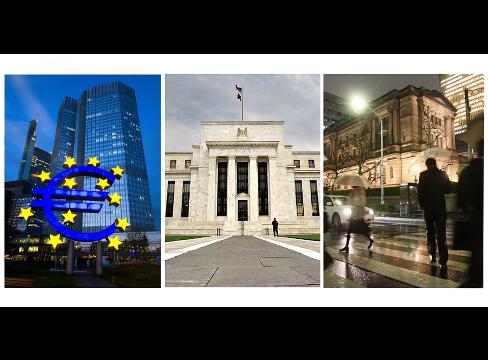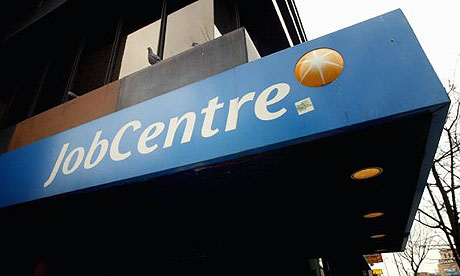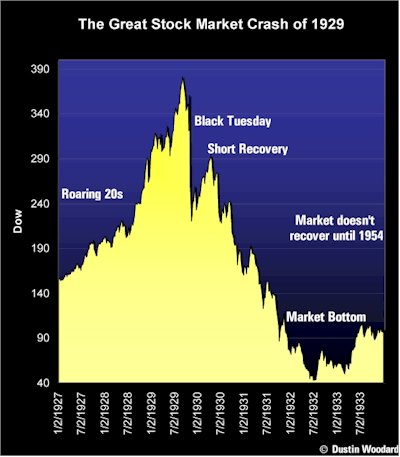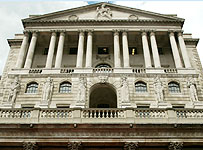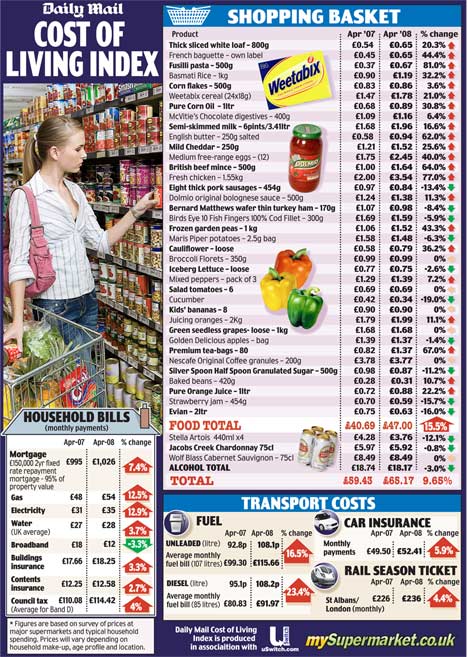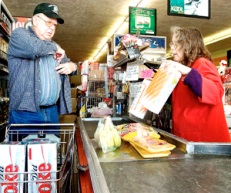There will be a depression anyway, but if the bailout “succeeds” there will be a complete meltdown in the not too distant future. Again the elite is pressing the fear button.
_____________________________________________________________________________
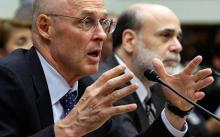
World markets depend on Paulson’s plan Photo: GETTY
London shares could lose a fifth of their value and the money market faces collapse unless US politicians succeed with their financial bail-out plan, it has been warned.
A leading investor predicted that the FTSE 100 could drop by as much as 1,000 points on Monday if Treasury Secretary Hank Paulson’s $700bn (£380bn) plan fails. Such a fall would come close to matching the stock market crash of 1987.
The warning came as markets lurched their way to the end of another fraught week amid fears that the White House rescue operation could be derailed in Congress by conservative Republicans.
Read moreMarkets face major crash if US bail-out plan collapses
